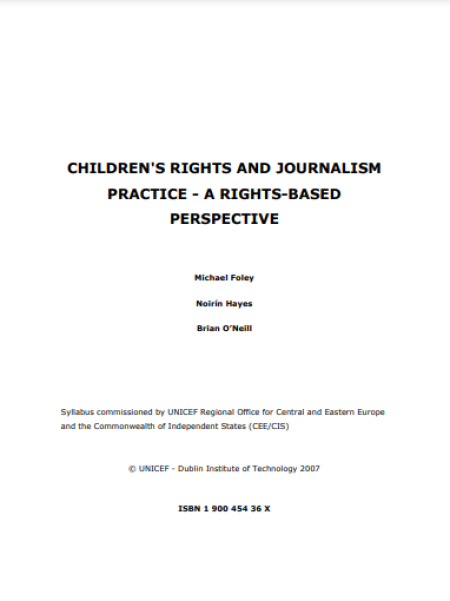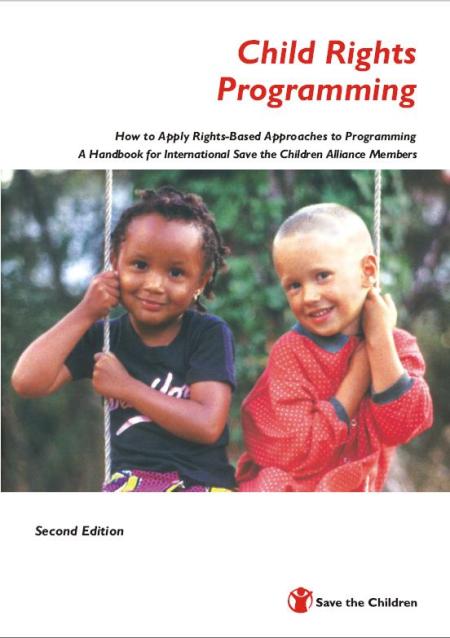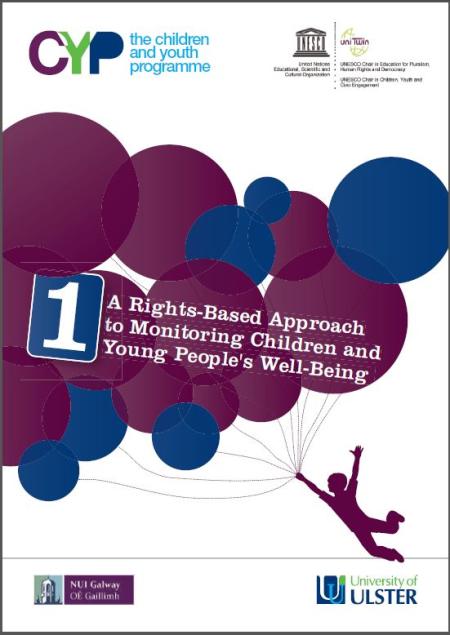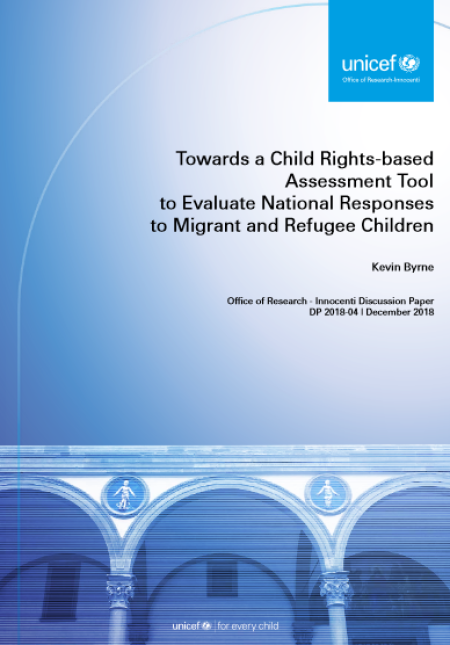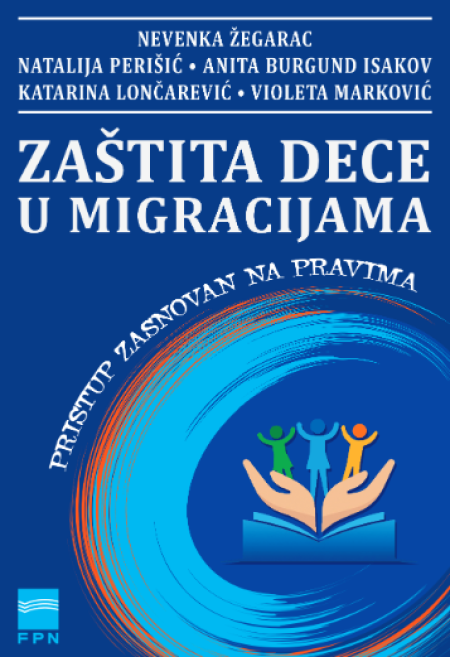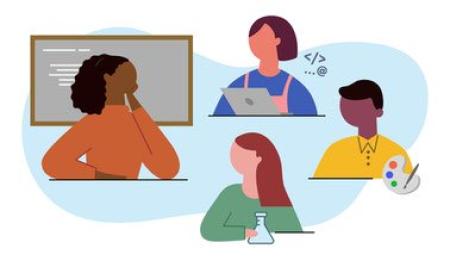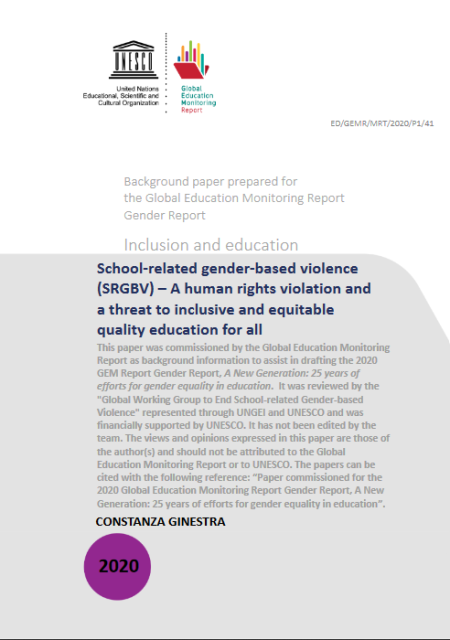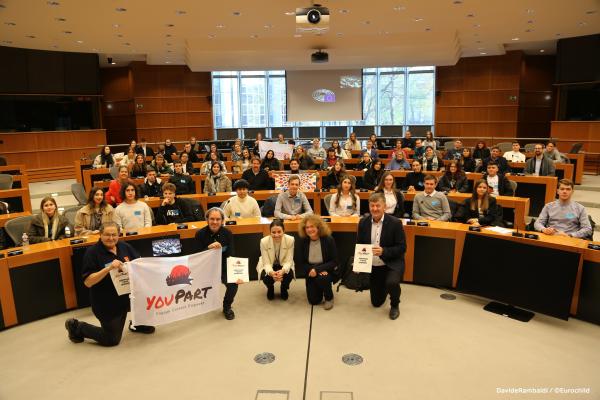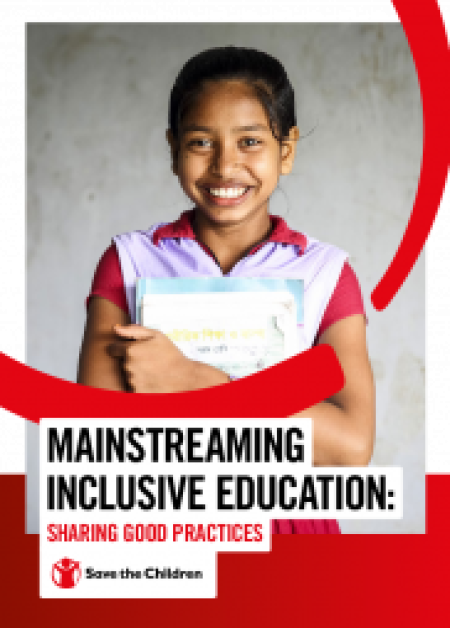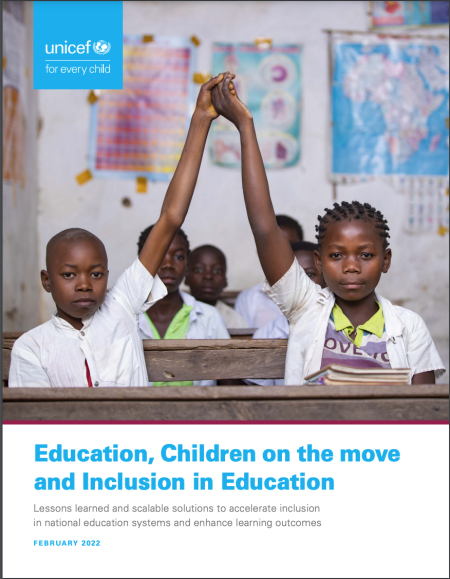
The month of September is when most children across Europe will be returning to school or starting school for the first time. However, not all children will be attending school this month, and for some, the education they receive does not meet their ‘real-life’ needs.
This is the third academic year affected by COVID-related restrictions. Some children might have dropped out or been excluded from school, while some others cannot access education, due to lack of affordable digital equipment or due to school buildings not being accessible to children with disabilities.
Children can be excluded due to other circumstances, such as migration which puts them at added risk of disadvantage as a result of separation, trauma and loss they have suffered. According to the ICAM (Including Children Affected by Migration) programme children can only learn in a safe and welcoming environment. ICAM aims to increase inclusion and improve the learning environment of children in school or at home by raising awareness about children’s rights and training school leaders, families and parents to improve learning capacities of children.
Every child has the right to education, whatever their ethnicity, gender, religion, language, abilities or immigration status, because school is not only a space where children develop academically but it also provides opportunities to develop socially and emotionally. Children often value and benefit from the social aspects of school above and beyond the academic curricula.
The UN Convention on the Rights of the Child (UNCRC) recognises that every child has a right to an education that develops their ‘personality, talents and mental and physical abilities to their fullest potential’. In addition, the United Nations 2030 Agenda and specifically Sustainable Development Goal (SDG) 4 aims to ensure ‘inclusive and equitable quality education’. Quality education is also a core recommendation of the European Child Guarantee and a focus of the EU Strategy on the Rights of the Child.
Schools must be fit for purpose
A recent survey, Our Europe, Our Rights, Our Future, included the voices of more than 10,000 children aged between 11-17, and reported that one in five children were growing up unhappy and anxious for the future. In the report, children also describe schools as having potentially detrimental effects on their psychological and physical well-being. In fact, schools were identified as the social environment where children face most differential treatment, as expressed by a 15-year-old-girl from Albania:
“I can say that I am treated differently, for example, it is a gender stereotype, only because I am a girl. Me and also other girls feel oppressed or different from boys, who are adored unconditionally.”
Furthermore, children shared that the education system is not meeting many of their real-life needs and expectations.
As reported in the Growing Up in Lockdown Report, the COVID-19 pandemic has further exposed the inequalities across European education systems. Social exclusion and inequities ranging from a lack of digital equipment to lack of stable internet in rural areas and lack of support from school staff have become more pronounced in the last year and a half, particularly for children in need. The most vulnerable and marginalised children and families have suffered the most during this pandemic. Governments must ensure that schools are inclusive and accessible for every child, and ensure they learn directly from those who have suffered the most.
Investing early is key
Investing in children from the earliest years is key. The first three years of a child’s life are vital for establishing the foundations of healthy development and wellbeing. A high quality early years care and education (ECED) experience is necessary to ensure every child has the best start in life. The First Years First Priority Campaign (FYFP) recently launched a series of Country Profiles and an accompanying Cross Country Analysis, highlighting the need for better data and greater investment in public policies for early childhood development (ECD).
Over many decades, society has gone through deep changes; however, our education systems have remained the same, with little to no changes to education curricula and lack of emotional and psychological support for all children.
An education reform is long overdue. Schools in the 21st century are required to provide a quality education to a much larger, and a more diverse population of children, in many new formats, including online. Yet many features of education have remained the same for decades.
This month, as schools open their doors to many children, we at Eurochild will continue to advocate for all children, especially the most vulnerable and marginalised children, to realise their right to access quality education that allows them to reach their full potential.
Read our contribution to the consultation on Pathways to School Success submitted together with our partners in the ICAM programme.
Blog written by Dr Ally Dunhill, Head of Advocacy at Eurochild



